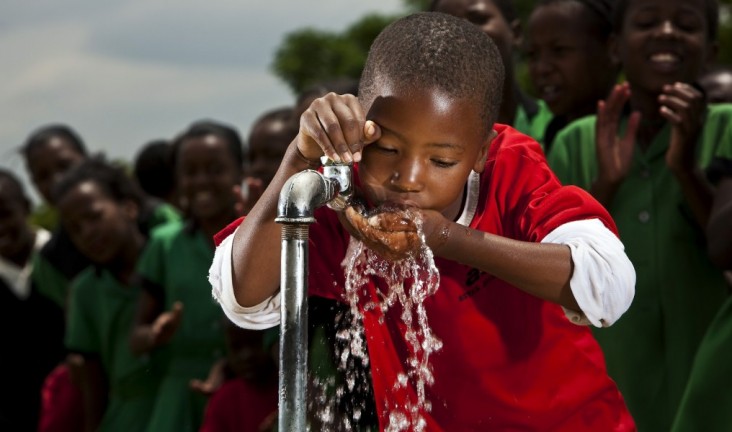
Welcome!
If you are a commercial, for-profit business and are interested in learning about ways you can partner with USAID, you have come to the right place. USAID has a number of ways it can engage with businesses that are active or considering investment in our presence countries. We appreciate the experience and resources that businesses can bring to development, and are committed to exploring new and innovative channels for working together when commercial objectives line up with our development objectives.
If you think there may be an alignment of interest, we urge you to explore further. It is important to understand the Ways to Work Together, and the many different approaches to partnering with USAID. To obtain information on USAID’s priorities and programs, we suggest you visit Industries and Countries. You may also go directly to Current Opportunities and Other Resources which provides information on current solicitations and bidding opportunities, as well as links to other U.S. Government programs that may be useful to you.
|
The Coca-Cola Company and USAID have created a unique partnership, the Water and Development Alliance (WADA), to address community water needs in developing countries. In conjunction with local USAID missions, Coca-Cola system partners, and the Global Environment & Technology Foundation, WADA contributes to improving the sustainability of watersheds, increasing access to water supply and sanitation services, and enhancing productive uses of water. With a combined investment of $28.1 million since 2005, WADA is impacting the lives of people in 22 countries throughout Africa, Asia, the Middle East, and Latin America. Kenya's rural areas desperately need improved access to water, sanitation, and hygiene services. To address these challenges, WADA's Mombasa Kenya Project partners constructed water storage facilities and communal water points, installed 10 km of pipeline, and planted 36,000 trees around water sources to improve watershed management. WADA partners helped communities shift from burning trees to producing charcoal for income, and earning income by growing vegetables near reservoirs. Beneficiary communities were involved in the planning and implementation of WADA-supported activities. |







Comment
Make a general inquiry or suggest an improvement.